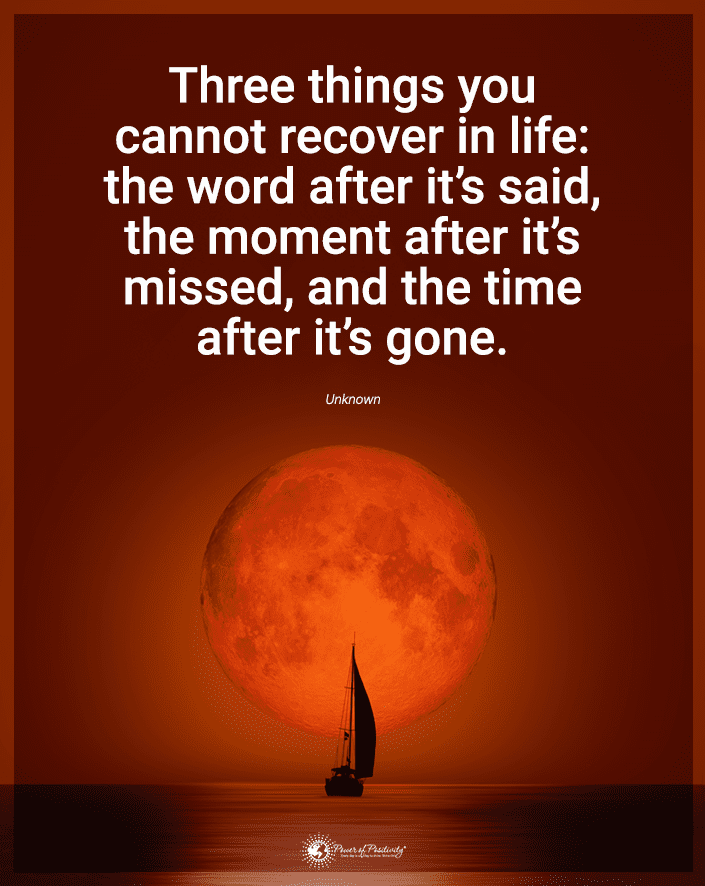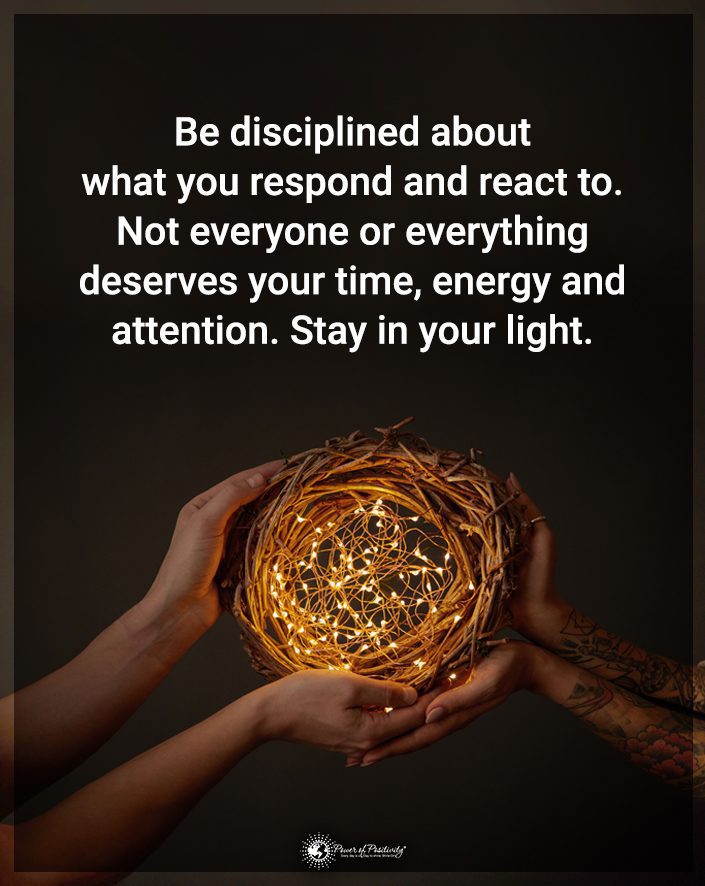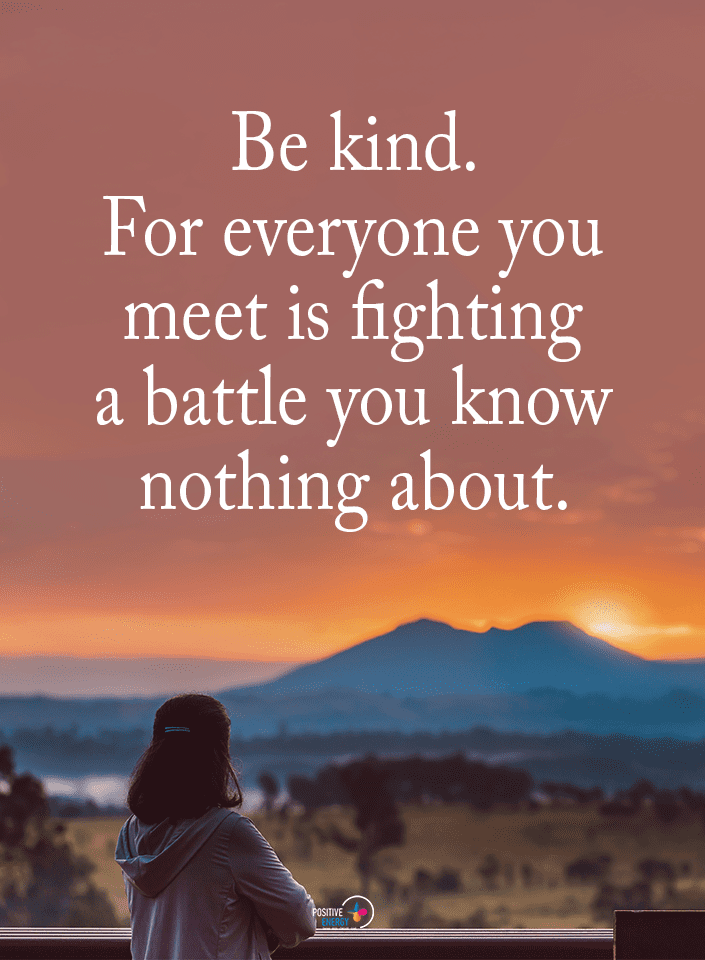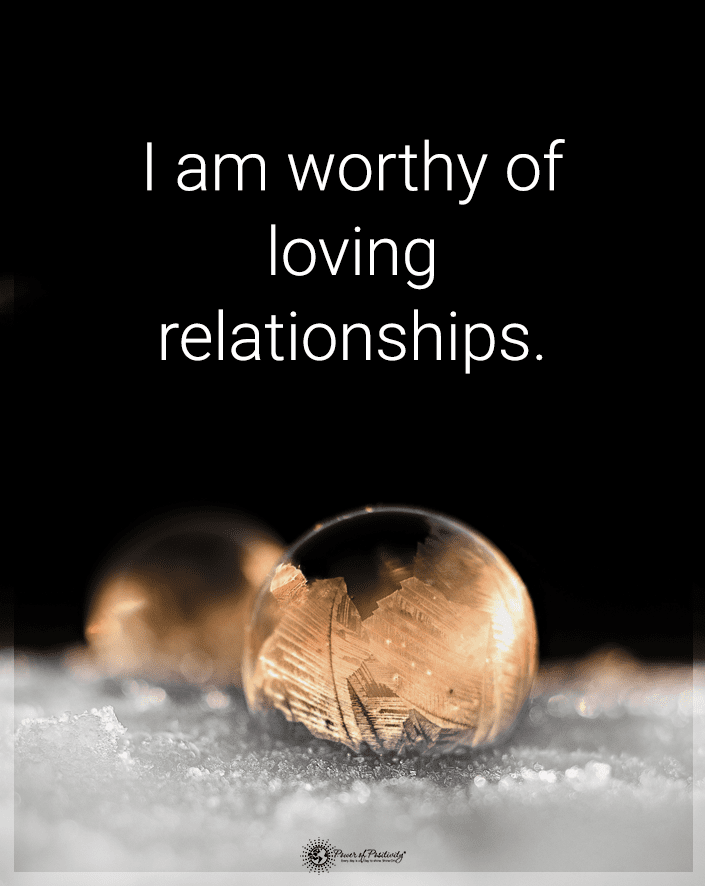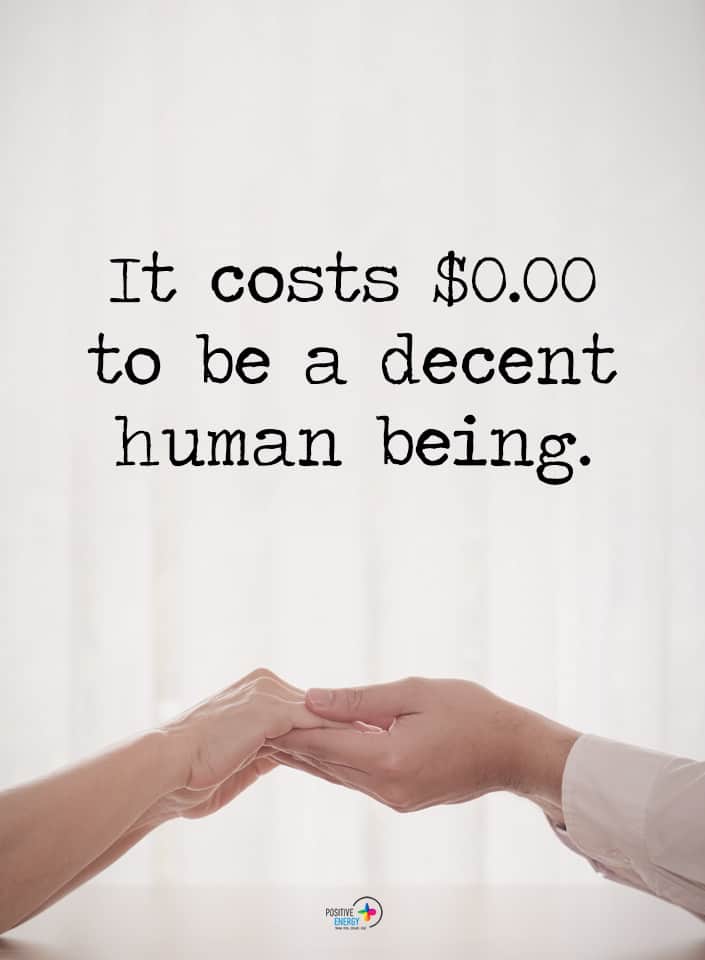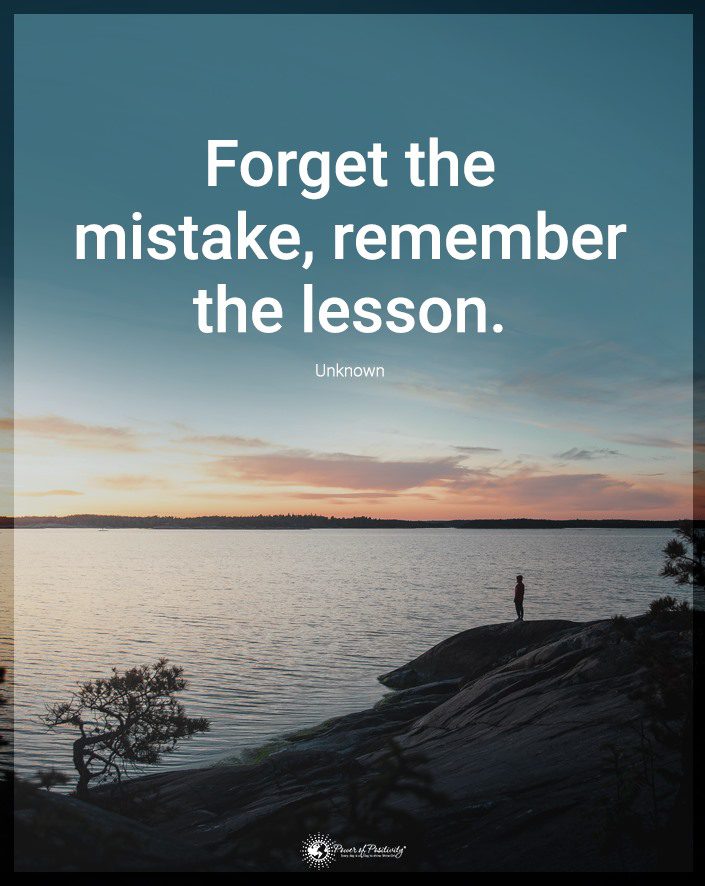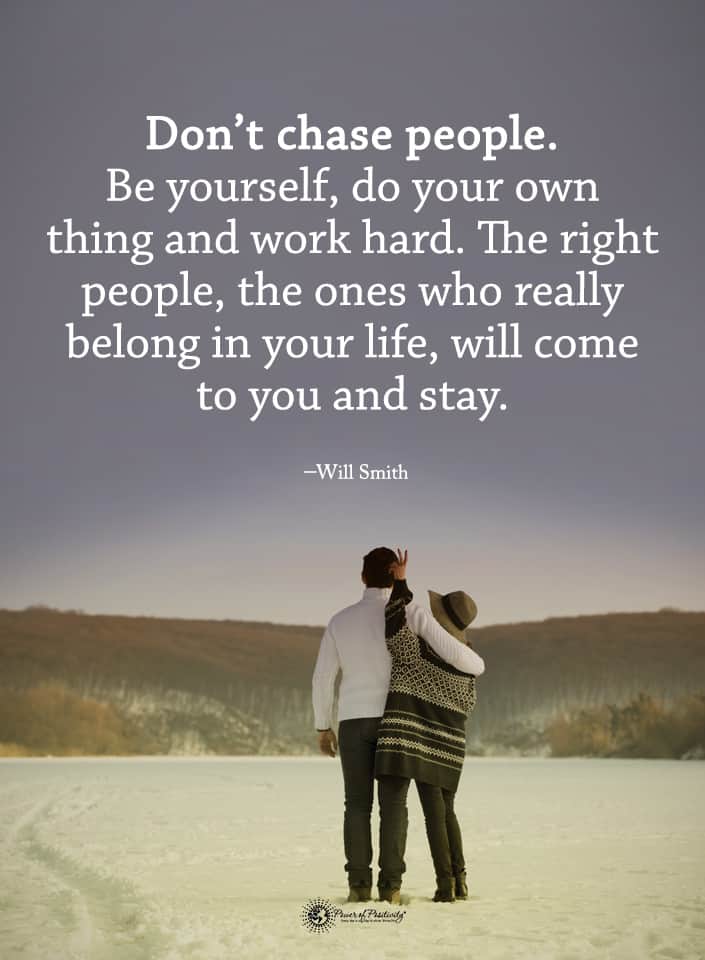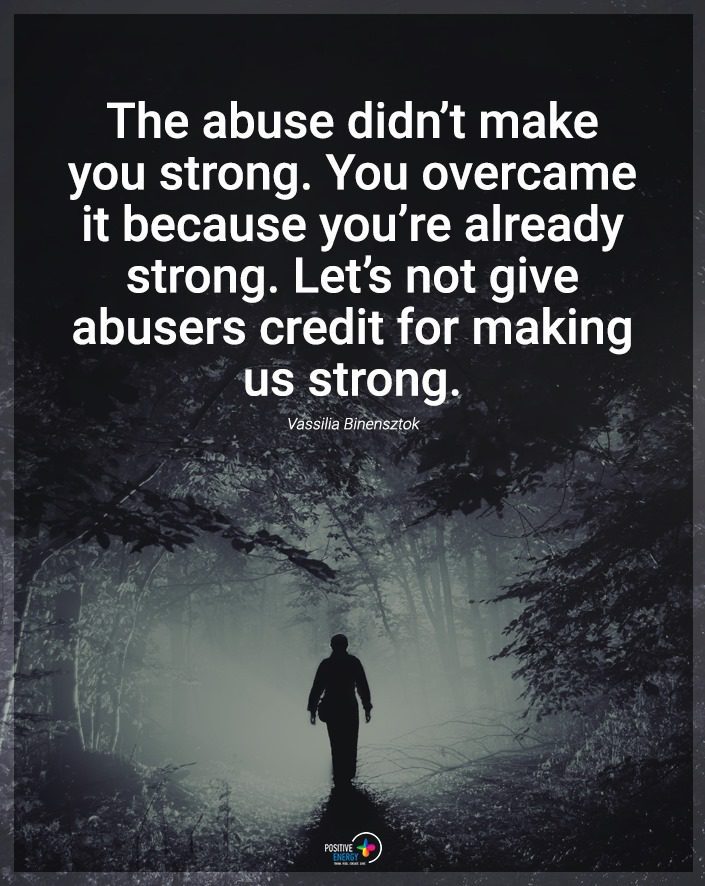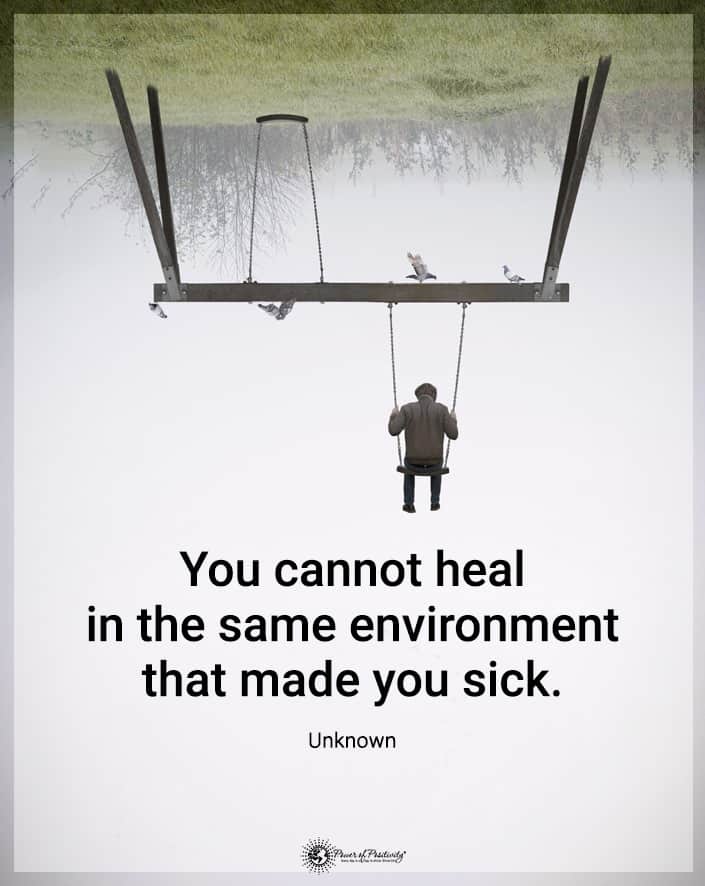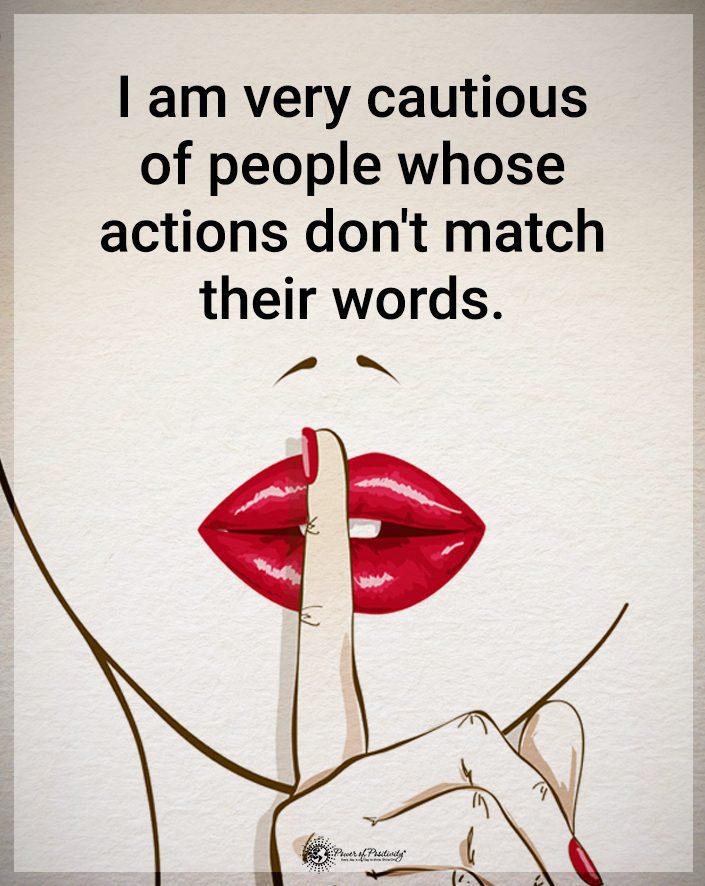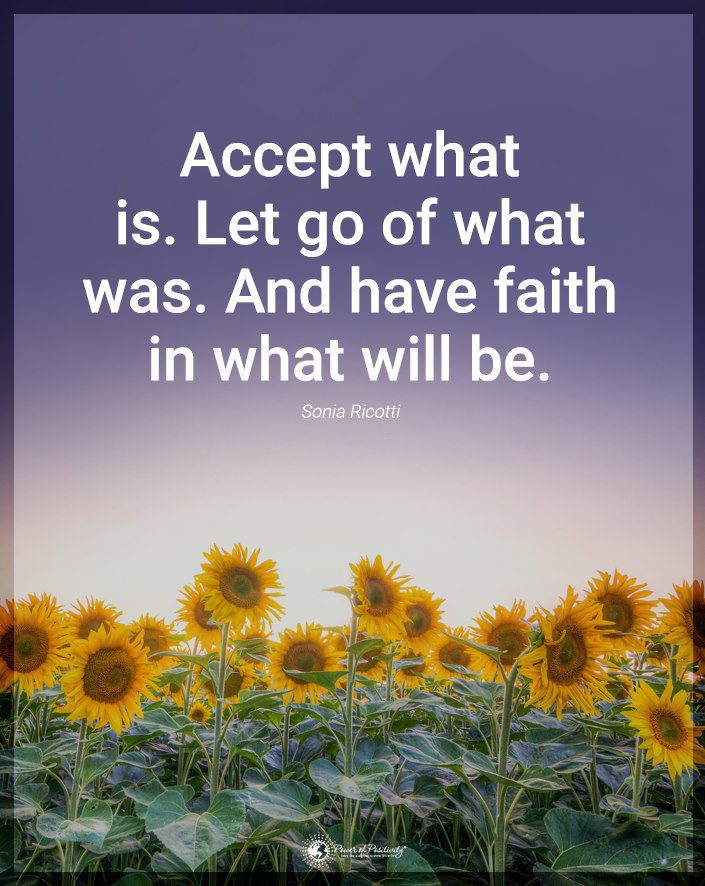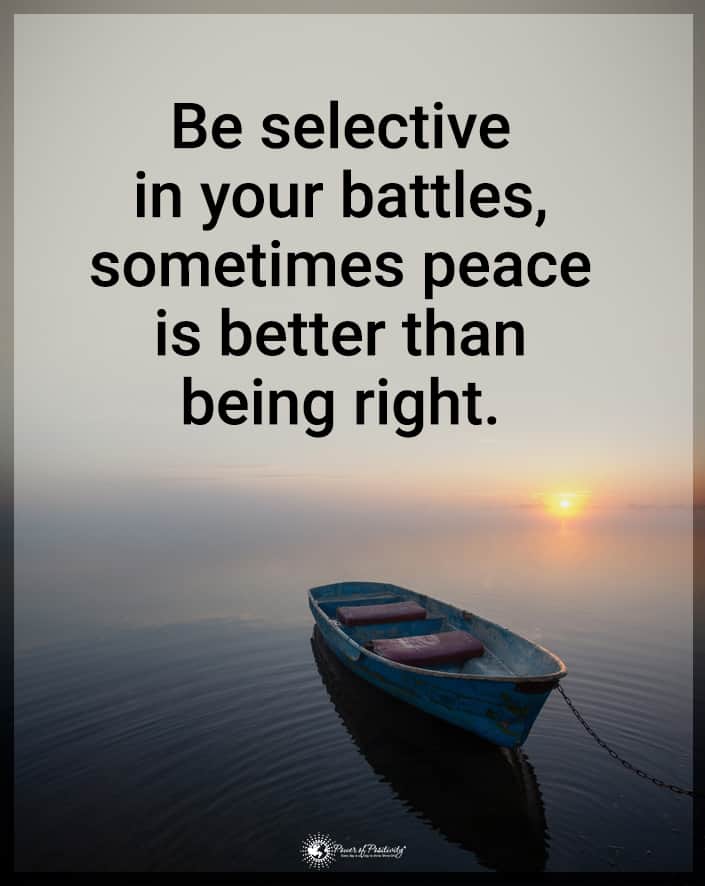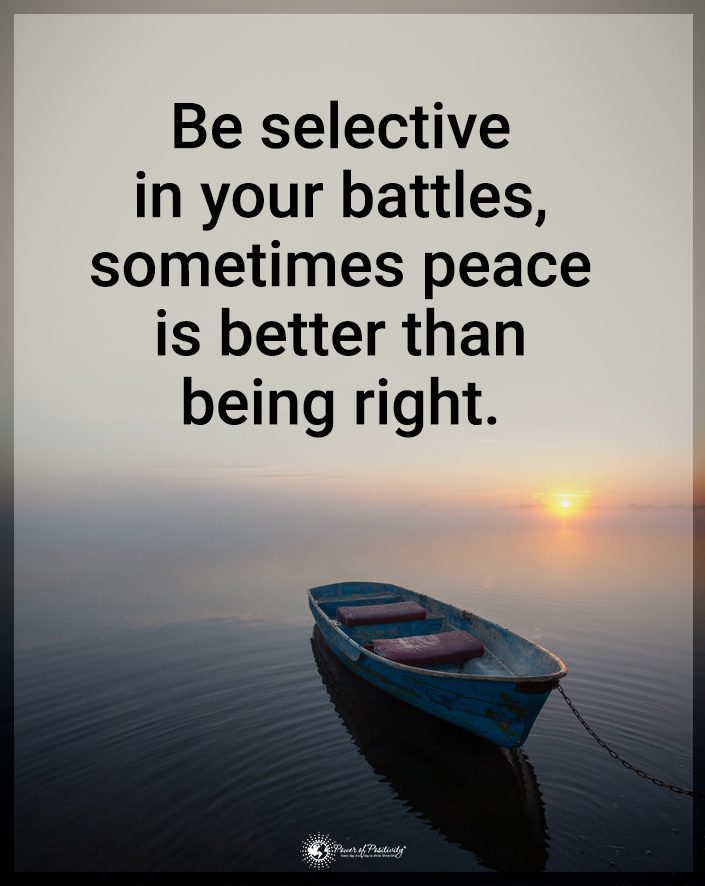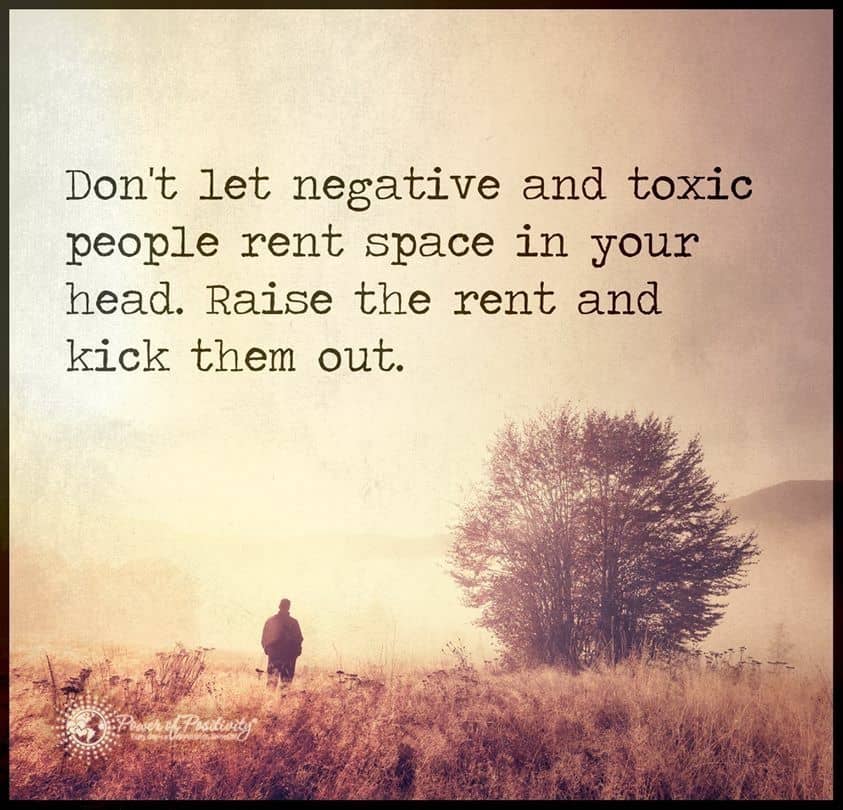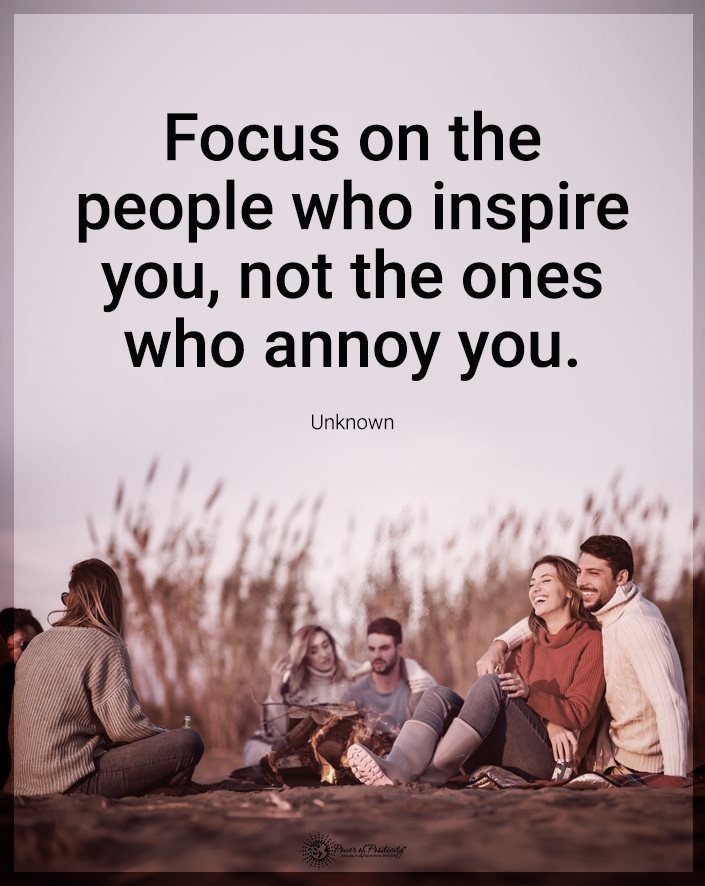After erupting over two weeks ago for the first time in 40 years, lava flows from the Mauna Loa volcano have started to dissipate. On November 27, the volcano began its eruption, creating an awe-inspiring display that captivated many visitors.
The eruption of Mauna Loa reminds us of nature’s power, beauty, and danger. While the volcano didn’t threaten any homes, its lava flowed less than two miles from a major highway, according to the US Geological Survey. Thankfully, the lava will spare the famous road since flows have slowed down recently.
In an update on Tuesday, December 13, 2022, the USGS officially stated that Mauna Loa is no longer erupting. The only remaining active fissure vent, fissure 3, no longer fed the main lava supply as of December 10. A few days prior, channels from the fissure 3 eruption in the Northeast Rift Zone remained full.
This created fountains of glowing lava and molten rock that cascaded down the enormous mountain. As you might expect, the staggering sight drew spectators from the island and beyond who wanted to witness the rare event. Due to the crowds, officials called on the National Guard to help direct and manage traffic near Mauna Loa.
Officials created a safe overlook for visitors near the Daniel K. Inouye Highway, about two miles from Mauna Loa. The last time the volcano erupted was in 1984 when lava flows crept steadily on the path to Hilo, the largest city on the Big Island.
Thankfully, the lava stopped about five miles from the city center and didn’t cause any significant damage. Lava flows destroyed some power lines and poles, but no lives were lost during the violent eruption.
Mauna Loa Volcano Awakens After Nearly 40 Years

This time, the universe appeared to have more good luck for residents, especially since the smaller volcano near Mauna Loa, Kilauea, began to erupt in 2021. The eruption continued during Mauna Loa’s volcanic activity, rewarding visitors with a unique dual-eruption event.
However, lava flows from Kilauea remained in a small pond near the top and didn’t seep down the sides of the mountain. Both volcanoes are located in Hawaii Volcanoes National Park, which remained open as visitors flocked to watch nature put on a spectacular show. At times, lava from Mauna Loa spewed nearly 200 feet in the air, revealing Earth’s raw power.
Speechless spectators watched from a safe distance as the world’s largest active volcano began to stir after being dormant for four decades. On average, Mauna Loa erupts about once per 3.5 years, making this the longest stretch without any volcanic activity.
However, when magma began flowing underground, it triggered a series of small earthquakes, which created fissures in the Earth. Then, lava started pouring across the caldera and over the sides of the mountain. Some lava spewed hundreds of feet into the air, but most lava fountains measured a few yards tall.
Lava flows in the caldera diminished a day after the initial eruption, but other fissures had opened at high elevations along the Northeast Rift Zone. The longest, most significant lava flow came from fissure 3, spewing sulfur dioxide and other volcanic emissions into the air.
When sulfur dioxide reacts with other compounds in the atmosphere, it can create air pollution called volcanic smog, or vog. During the heightened activity, the USGS warned residents about the potential for airborne health hazards, urging vulnerable groups to stay indoors.
In their latest update, officials said, “sulfur dioxide emissions have decreased to near pre-eruption background levels.” Also, earthquakes and tremors caused by volcanic eruptions have decreased dramatically. In addition, the USGS reduced the Volcanic Alert Level from a watch to an advisory, indicating eruptive activity will likely not return.
However, residents should steer clear of the area since the lava flow will take time to cool.
“The inactive main flow front still glows at a few spots at night and may inch northward very slowly as it continues to settle. The significance of the continuing inflation while the flow field is inactive is not yet clear; it is common for eruptions to wax and wane or pause completely, but none of the eight recorded eruptions from Mauna Loa’s Northeast Rift Zone returned to high eruption rates after those rates decreased significantly,” the geological survey said.
Interesting Facts About Mauna Loa
According to the USGS, the largest active volcano on Earth covers about half of Hawaii Island. It dominates the landscape, taking up about 1900 square miles on land and much more underwater. Scientists believe that in total, Mauna Loa measures about 18,000 square miles. The volcano’s earliest lava flows spewed onto the ocean floor between about 0.6 and one million years ago.
It’s estimated that Mauna Loa first emerged above sea level around 300,000 years ago. Since then, it’s been in a phase of rapid development, especially on the north and west sides. Numerous eruptions have occurred at Mauna Loa since scientists began recording volcanic activity.
However, explosive eruptions are rare because of the shape and components of the volcano. It’s a shield volcano, characterized by gently sloping sides and a broad dome. These types of volcanos contain almost exclusively basaltic lava flows, which are highly fluid and flow steadily rather than viscously.
Final Thoughts on Recent Mauna Loa Eruption
The world’s largest active volcano recently erupted for the first time in nearly 40 years. The rare event drew in residents and tourists from all over the world who wanted to witness nature’s power up close. Lucky bystanders were surprised as they saw nearby Kilauea erupting as well. It was truly a once-in-a-lifetime event. Volcanic activity at Mauna Loa continued for over two weeks before it dissipated on Tuesday, December 13, 2022.
Anyone who had the opportunity to see the eruption firsthand won’t soon forget the magnificence of Mother Earth. Have you ever seen a volcano erupting? Let us know in the Facebook comments!

